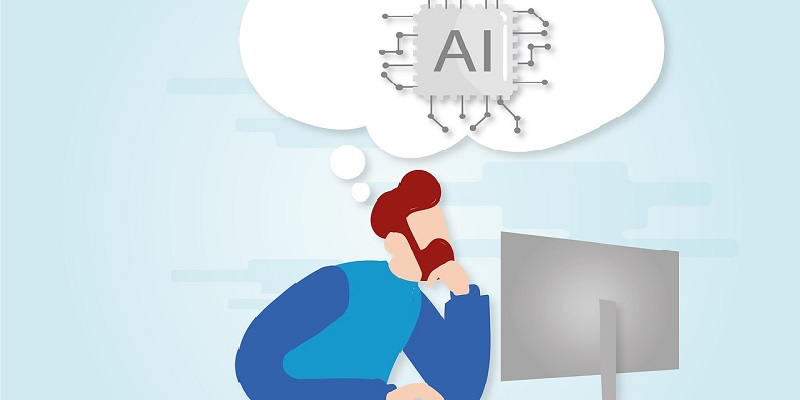
The development of AI is as fundamental as the creation of the microprocessor, the personal computer, the Internet, and the mobile phone. It will change the way people work, learn, travel, get health care and communicate with each other- Bill Gates. The development of super computers made it possible to perform trillions of calculations in nano seconds but their access and use is limited by their size and scale. It can work in huge research laboratories or universities and help in the advan...
SUBMIT REVIEW
Please email us: editor.rajagirimedia@gmail.com